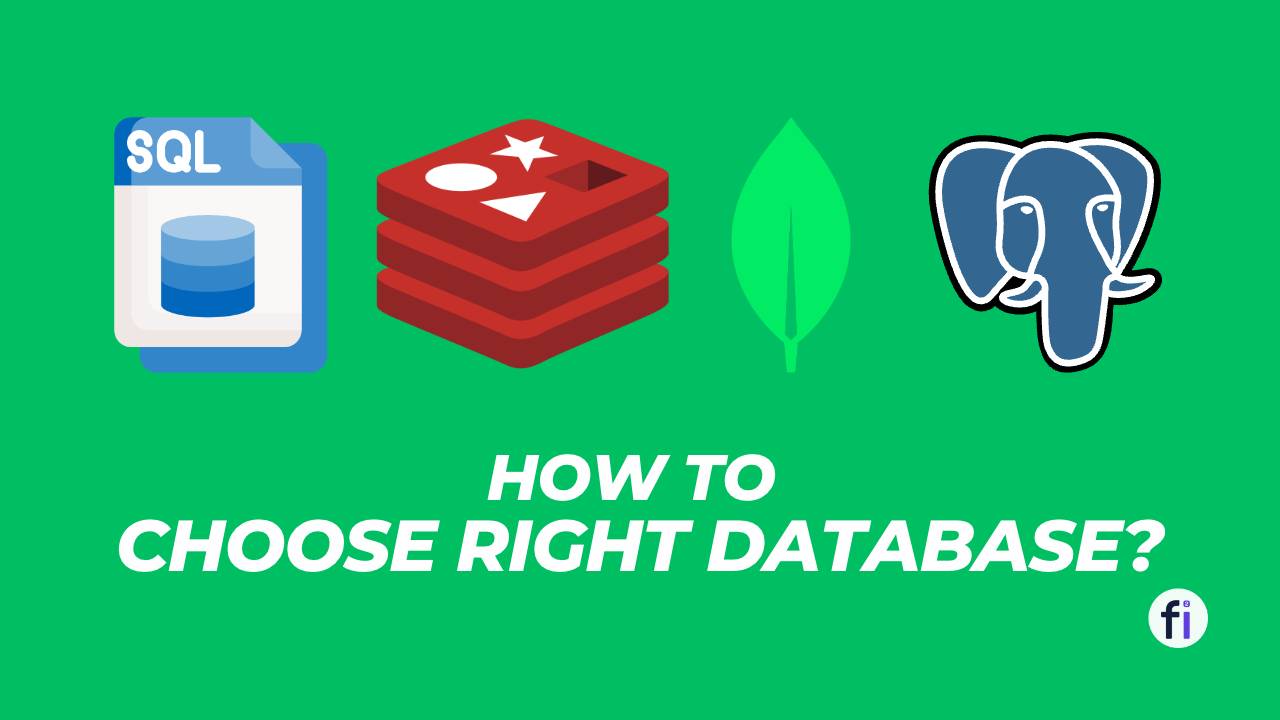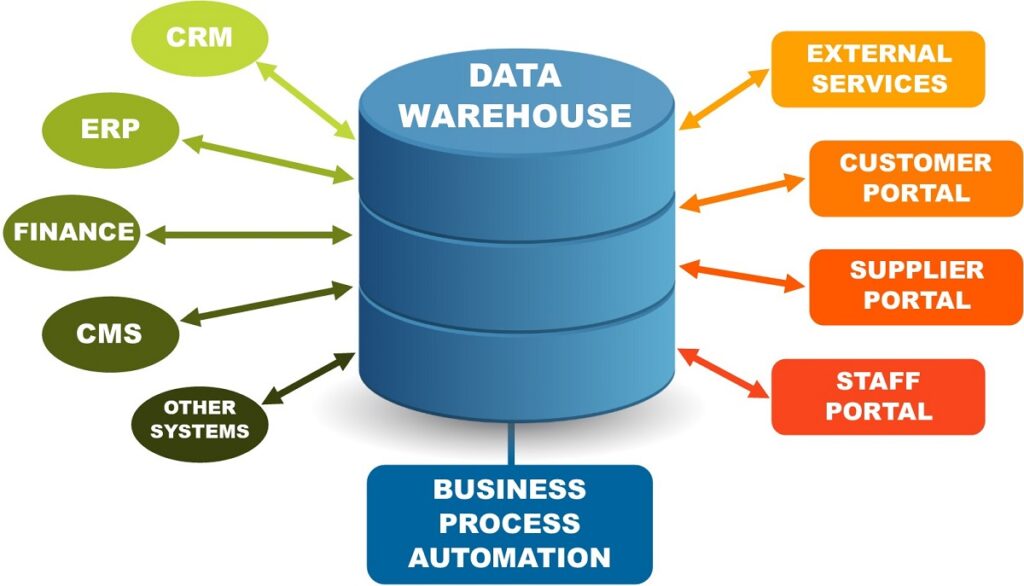What are Database Services?
Database services refer to the technology and tools that enable efficient storage, retrieval, and management of data for various applications and businesses. These services play a crucial role in data management by offering a structured and organized method to handle large volumes of information. By utilizing database services, organizations can streamline their data operations, enhance data security, and make informed decisions based on accurate and up-to-date information.
Key Features to Consider in Database Services
When selecting data base services, there are several essential features to consider to ensure optimal performance, security, and compatibility with your specific needs. Some of these key features include:
- Scalability: The ability to handle increasing data volumes and user traffic without compromising performance.
- Security: Robust security measures, such as encryption, access controls, and regular audits, to protect sensitive data.
- Performance: High-speed data processing and efficient query handling to minimize response times and enhance user experience.
- Compatibility: Support for various data types, such as structured, semi-structured, and unstructured data, and integration with different platforms and applications.
- Disaster Recovery: Reliable backup and restore mechanisms to prevent data loss in the event of system failures or disasters.
- Flexible Deployment Options: The availability of on-premises, cloud-based, or hybrid deployment models to suit specific business requirements.
- Ease of Use: Intuitive user interfaces and comprehensive documentation to simplify administration and maintenance tasks.
- Cost-effectiveness: Affordable pricing models that balance performance, features, and budget constraints.
Popular Database Service Providers
When it comes to data base services, several leading providers offer a wide range of solutions tailored to various business needs. Some of the most popular database service providers include:
- Amazon Web Services (AWS): AWS offers a diverse portfolio of database services, including Amazon RDS, DynamoDB, and Amazon Aurora, catering to various data types and access patterns.
- Microsoft Azure: Microsoft’s Azure platform provides a variety of database services, such as Azure SQL Database, Cosmos DB, and Azure Database for MySQL and PostgreSQL, ensuring compatibility with popular data types and platforms.
- Google Cloud Platform (GCP): GCP offers a range of managed database services, including Cloud SQL, Cloud Spanner, and Cloud Bigtable, designed for high performance, scalability, and flexibility.
- Oracle: Oracle’s cloud-based database services, such as Oracle Autonomous Database and Oracle Cloud Database Services, offer advanced features for data management, security, and analytics.
These providers offer robust, secure, and scalable data base services, making them suitable for businesses of all sizes and industries. It is essential to evaluate each provider’s offerings based on your specific requirements and preferences to determine the best fit for your organization.
How to Choose the Right Database Service
Selecting the most suitable data base service for your specific needs can be a challenging task. By following a systematic approach and considering essential factors, you can ensure a well-informed decision. Here’s a step-by-step guide to help you choose the right database service:
- Assess Your Data Volume and Growth: Determine the current and projected data volume your application or business will handle. This information will help you select a service that can scale accordingly and provide the necessary storage capacity.
- Identify Data Access Patterns: Understand how your application interacts with the database. Is it read-heavy, write-heavy, or a mix of both? Some database services perform better with specific access patterns, so this information is crucial for selecting the right service.
- Consider Your Data Types and Platform Compatibility: Ensure that the database service you choose supports the data types and platforms you require. For example, if you work with relational data, you might prefer a relational database service. Similarly, if you deal with unstructured data, a NoSQL database service might be more appropriate.
- Evaluate Security Features: Assess the security features offered by each database service, such as encryption, access controls, and regular audits. Select a service that meets your organization’s security requirements and complies with relevant regulations.
- Review Performance and Scalability: Test the performance of each database service under simulated load conditions to ensure it can handle your application’s requirements. Additionally, consider the service’s scalability features to accommodate future growth.
- Factor in Budget Constraints: Compare the pricing models of different database services, keeping in mind your budget constraints. Opt for a service that offers the best balance between performance, features, and cost.
By carefully evaluating these factors, you can choose a database service that meets your specific needs and delivers optimal performance, security, and scalability.
Benefits of Using Managed Database Services
Managed database services offer several advantages over traditional self-managed databases, making them an attractive option for businesses and developers. Some of the key benefits include:
- Reduced Administrative Overhead: Managed database services handle routine tasks such as patching, backups, and scaling, freeing up your team to focus on more strategic initiatives.
- Improved Reliability: Managed database services often come with service level agreements (SLAs) that guarantee uptime and availability, ensuring consistent performance for your applications.
- Enhanced Security: Managed database services typically offer robust security features, including encryption, access controls, and regular audits, to protect sensitive data and maintain compliance with regulations.
- Effortless Scalability: Managed database services make it easy to scale resources up or down as needed, allowing your database to handle fluctuating data volumes and user traffic without manual intervention.
- Cost-Effective Pricing: Managed database services often provide flexible pricing models, enabling you to pay only for the resources you consume and avoid upfront capital expenditures.
- Expert Support: Managed database services typically include access to experienced support teams, providing assistance with troubleshooting, optimization, and best practices.
By leveraging managed database services, organizations can streamline their data management tasks, enhance security, and improve overall application performance, all while reducing operational costs.
Top Database Services for Specific Use Cases
Different database services cater to specific use cases, providing tailored features and capabilities to address unique data management challenges. Here are some top database services for particular scenarios:
- Relational Databases: Ideal for structured data with complex relationships, relational databases like Amazon RDS, Azure SQL Database, and Google Cloud SQL offer ACID transactions, SQL support, and indexing capabilities.
- NoSQL Databases: Suitable for unstructured or semi-structured data, NoSQL databases like Amazon DynamoDB, Azure Cosmos DB, and Google Cloud Firestore provide flexible data models, high scalability, and seamless integration with various platforms.
- Time-Series Databases: Designed for handling time-stamped data, time-series databases like Amazon Timestream, Azure Time Series Insights, and Google Cloud Series Insights offer efficient data ingestion, high-velocity querying, and data retention policies.
- Graph Databases: Perfect for modeling complex networks and relationships, graph databases like Amazon Neptune, Azure Cosmos DB (Graph API), and Google Cloud Graph provide efficient traversal algorithms, pattern matching, and data visualization tools.
- In-Memory Databases: Ideal for real-time analytics and high-performance applications, in-memory databases like Amazon DynamoDB Accelerator (DAX), Azure Redis Cache, and Google Cloud Memorystore offer low-latency data access, in-memory caching, and seamless scalability.
By understanding the unique requirements of your data management projects, you can choose the most appropriate database service to ensure optimal performance, scalability, and security.
Best Practices for Database Service Implementation
Implementing and managing database services effectively is crucial for ensuring optimal performance, security, and scalability. Here are some best practices to follow:
- Perform Regular Backups: Schedule regular backups to protect against data loss due to hardware failures, user errors, or cyber threats. Ensure that backups are stored in a secure location and can be quickly restored when needed.
- Monitor Performance: Continuously monitor database performance using tools and metrics provided by your database service provider. Identify and address performance bottlenecks, such as slow queries, high memory usage, or disk I/O issues, to maintain consistent response times and user experience.
- Implement Security Audits: Regularly review security configurations and access controls to ensure they meet your organization’s requirements and comply with relevant regulations. Perform vulnerability assessments and penetration testing to identify and remediate potential security risks.
- Optimize Database Design: Design your database schema and indexes to optimize data retrieval and minimize storage requirements. Use techniques such as normalization, denormalization, and partitioning to improve performance and scalability.
- Test Disaster Recovery Plans: Periodically test your disaster recovery plans to ensure they are effective and up-to-date. This practice helps you identify and address any gaps in your recovery processes and ensures that your organization can quickly resume operations in the event of a disaster.
- Stay Updated: Keep your database software and firmware up-to-date with the latest patches and updates. This practice helps you benefit from the latest features, performance improvements, and security enhancements provided by your database service provider.
By following these best practices, you can ensure that your database services are implemented and managed effectively, providing a solid foundation for your data management needs.
Database Service Trends and Innovations
The database services landscape is constantly evolving, with new trends and innovations emerging to address the ever-changing needs of businesses and applications. Here are some of the most significant trends and innovations in data base services:
- Serverless Databases: Serverless databases automatically scale resources up or down based on demand, allowing you to pay only for the resources you consume. This model eliminates the need for manual capacity planning and enables more efficient resource utilization.
- AI-Powered Data Management: Artificial intelligence and machine learning techniques are increasingly being used to automate database management tasks, such as performance optimization, query plan generation, and anomaly detection. These technologies can help improve efficiency, reduce administrative overhead, and enhance overall database performance.
- Multi-Cloud Deployments: Organizations are adopting multi-cloud strategies to distribute workloads across multiple cloud providers, improving reliability, reducing vendor lock-in, and optimizing costs. Multi-cloud deployments require advanced database services that can seamlessly integrate with various cloud platforms and manage data synchronization and consistency.
- Hybrid Cloud Architectures: Hybrid cloud architectures combine on-premises infrastructure with cloud-based resources, allowing organizations to leverage the benefits of both worlds. Database services that support hybrid cloud deployments are essential for ensuring seamless data flow, consistency, and security across different environments.
- Data Privacy and Security Enhancements: With the increasing importance of data privacy and security, database services are continuously evolving to provide advanced features such as data encryption, access controls, and auditing capabilities. These enhancements help organizations comply with data protection regulations and mitigate security risks.
Staying up-to-date with these trends and innovations can help you make informed decisions when selecting and managing data base services, ensuring that your organization remains competitive and agile in today’s rapidly changing technology landscape.





